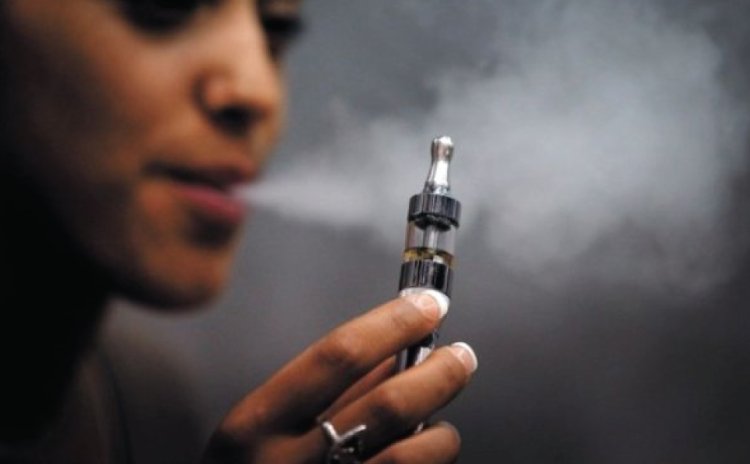New E-cigarette Tax Regulations Planned For South Africa
On 29 July 2022, National Treasury RSA published taxation measures for Electronic Nicotine and Non-nicotine delivery systems (ENDS) under the 2022 Draft Taxation Laws Amendment Bill (TLAB).

On 29 July 2022, National Treasury RSA published taxation measures for Electronic Nicotine and Non-nicotine delivery systems (ENDS) under the 2022 Draft Taxation Laws Amendment Bill (TLAB).
South Africa’s National Treasury is proposing a tax of R2.90/ml on electronic nicotine and non-nicotine delivery systems — known also as vaping devices — from June 2023. Those opposed to the tax proposals say it is misguided and could possibly choke the budding industry and indirectly promote cigarette smoking.
The new proposed Control of Tobacco Products and Electronic Delivery Systems Bill has been in the works since 2018. It is estimated that about 350,000 people in South Africa use electronic cigarettes, and sales in 2019 amounted to R1.25 billion.
Currently, there are no guidelines or regulations for vaping products in South Africa, with the South African Bureau of Standards (SABS) currently responsible for setting guidelines and promoting standardization in the field, covering electronic vaping products and their components including cartridges and reservoirs.
Currently, the Department of Health has a draft bill on the control of Tobacco Products and Electronic Delivery Systems that is undergoing public inquiry.
Taxation
The finance minister, Enoch Godongwana confirmed while presenting his 2022 budget speech in parliament, that the government is proposing to introduce a new tax on vaping products of at least R2.90 per milliliter.
Treasury proposes introducing a specific excise tax on both the non-nicotine and nicotine solutions used in e-cigarettes and intends to use its existing policy guidelines applicable to other excisable products.
For example, traditional cigarettes are subject to excise duties at a rate of 40% of the price of the most popular brand in each tobacco category. When applied to electronic cigarettes, users could pay excise duty ranging from R33.60 to R346.00 per product, depending on the nicotine content and size of that product.
The average excise rate for e-cigarettes is proposed at R2.91 per milliliter and apportioned in a ratio of 70:30 between nicotine and non-nicotine elements.
In essence, consumers could pay R2.03 per milliliter of e-cigarette solution containing nicotine and 87 cents per milliliter of e-cigarette solution that contains no nicotine, if the draft proposals are accepted and passed to become legislation.
It is proposed that products with higher nicotine content will attract a higher rate of duty as compared to lower nicotine products.
National Treasury’s proposals to tax e-cigarette solutions that contain no tobacco or nicotine may, in particular, raise eyebrows among stakeholders, as it does not necessarily support the government’s stated policy intention of reducing the consumption of tobacco products, with nearly 70% of cigarettes consumed in the country being illicit.

































